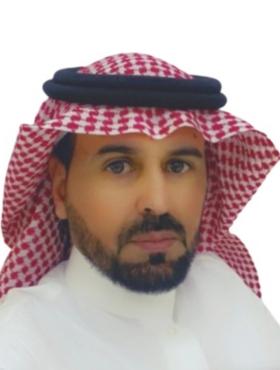About the Department
The Department of Curriculum and Educational Technologies was established alongside the college in 1409 AH. Its mission is to foster the adoption of contemporary teaching strategies, cultivate an understanding of fundamental concepts and skills related to curricula and teaching methods, and highlight the importance of curricula and teaching methods in shaping teachers' competencies. The department plays a vital role in the training and developing primary school teachers. It offers expertise and scholarly guidance to educational institutions across the spectrum of teacher preparation, instructional methodologies, evaluation practices, and ongoing enhancements. The department includes a teaching skills laboratory, which is vital to renewing the learning environment and represents a real investment in modern technology data. The department has benefited from it, particularly in the advancement of specialized teaching techniques and overseeing field education activities. Collaborating closely with the Educational Supervision Unit of the General Administration of Education, the department ensures the selection of suitable schools for training purposes, addresses on-the-ground challenges, and facilitates the exchange of best practices within the educational landscape. The department cooperates with the other scientific departments in the college, especially educational ones and the Training Center and Community Service, through the various courses implemented or in which the department’s faculty members participate. The department aspires to supplement the laboratory's deficiencies by transforming it in the near future, God willing, into a micro-teaching laboratory in which all requirements are met.
The Head's Statement
The Department of Curriculum and Educational Technologies is one of the supporting departments in the College of Education. It seeks to achieve the college's vision, mission, and goals by preparing specialized and qualified cadres to practice their work successfully in the future. The department includes a distinguished elite of faculty members, totaling (24) members (men and women) with diverse specializations and academic backgrounds. . This diversity allows for a rich exchange of experiences and expertise, enhancing the overall learning experience for students. Furthermore, the department places a strong emphasis on sending teaching assistants and lecturers to esteemed universities both domestically and internationally, to bring back valuable knowledge and research that contributes to the department's growth and development.
